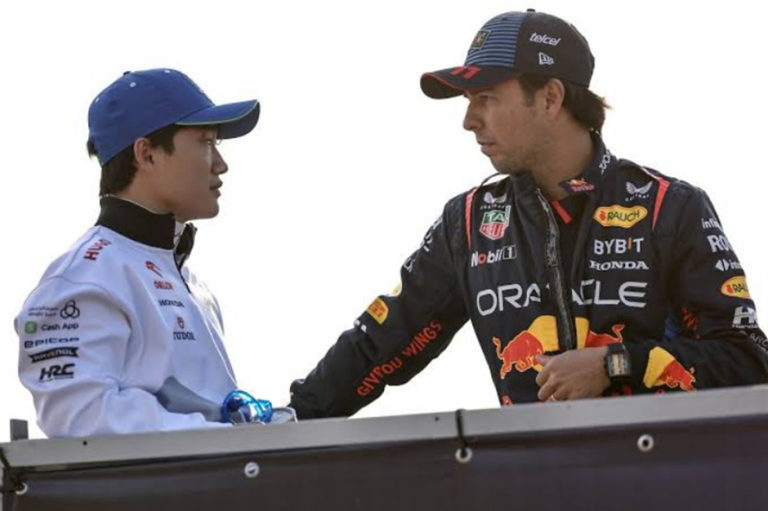In a surprising move during the 2023 summer transfer window, Spanish goalkeeper Kepa Arrizabalaga on Tuesday joined Real Madrid on loan for a single season.
The calculated decision has ignited discussions and speculation, shedding light on the motivations, potential impact, and considerations for all parties involved.
Kepa’s journey has been a blend of remarkable achievements and challenges, most notably his high-profile transfer to Chelsea from Athletic Bilbao.
His tenure at Chelsea was marked by moments of brilliance but also inconsistency, which led to his decreased playing time.
With the summer transfer window presenting an opportunity for change, Kepa’s temporary move to Real Madrid introduces an interesting twist in the goalkeeping landscape of European football.
Real Madrid’s decision to secure Kepa’s services on a loan basis indicates a shrewd tactical move by the club’s management and coaching staff.
With established goalkeeper Thibaut Courtois occupying the starting role, the addition of Kepa bolsters Real Madrid’s goalkeeping department, providing depth and competition for the demanding season ahead.
Kepa’s familiarity with top-tier competitions and experiences can prove invaluable as Real Madrid competes on multiple fronts.
For Kepa, the loan move to Real Madrid presents an opportunity for resurgence. It offers him the chance to work with elite coaches, benefit from world-class training facilities, and compete alongside some of the sport’s finest talents.
Kepa’s motivation likely includes showcasing his abilities at a club with a storied history and on a stage that demands excellence. This move could serve as a stepping stone to rebuilding his reputation and securing a consistent place among the footballing elite.
Chelsea, as the parent club in this loan arrangement, also stands to gain from Kepa’s temporary move to Real Madrid.
With Kepa’s absence, Chelsea has the chance to further develop and assess other goalkeeping options within their squad. This move aligns with Chelsea’s strategic approach to squad management, allowing them to evaluate different players’ performances and determine the best course of action for the future.
















